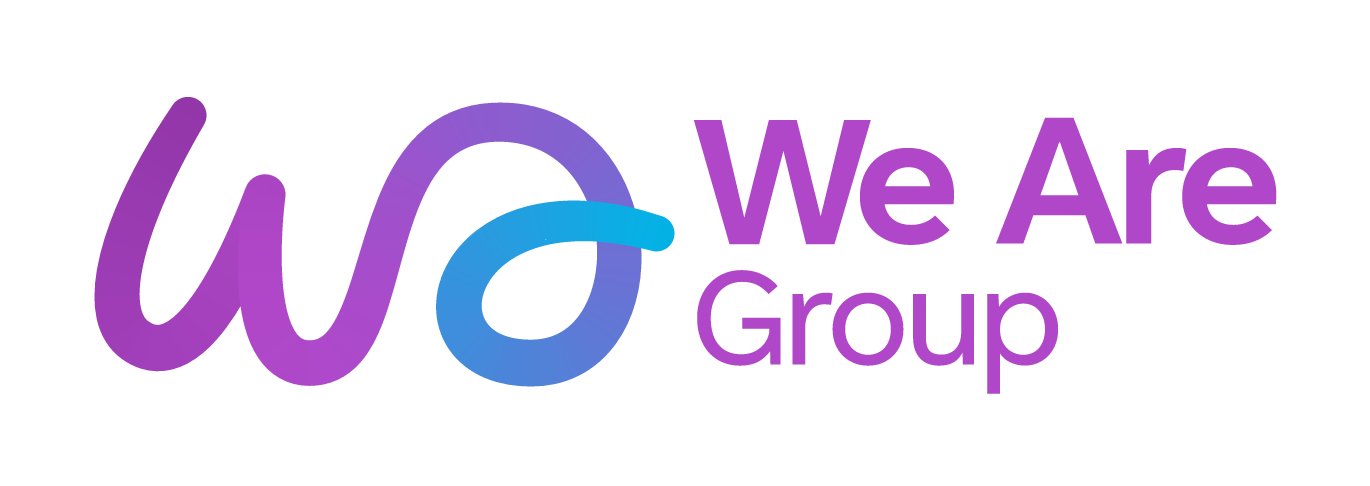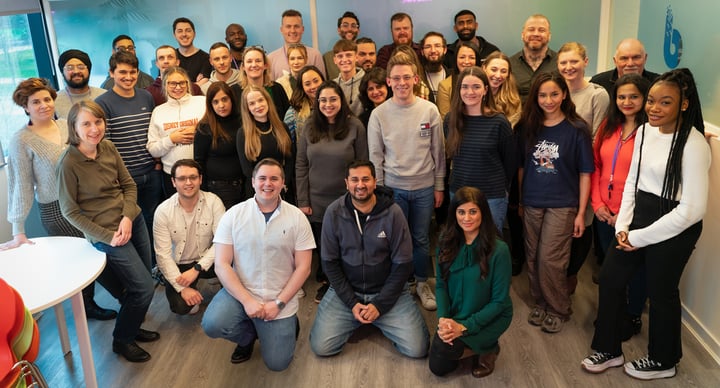Digital inclusion is something that Sam has been investing in since universal credit (UC) was first announced. Not only does he believe that digital literacy is key to maintaining the financial viability of the housing association, he also feels it is essential to improving residents’ quality of life. Here he answers eight questions about digital inclusion and what it means for housing associations.
Can you tell us a little bit more about yourself and your role?
I am head of community investment at Orbit Group. Currently, I oversee Orbit’s £30 million community investment strategy. Interspersed with the four years I’ve been at Orbit, I went on secondment at Big Society Capital as part of their investment team supporting work on Fair by Design, venture fund investments and wider housing opportunities. Previous to Orbit, I have worked at Citizens Advice, Money Advice Service and on the Obama Presidential campaign in 2008.
How did you get into your current position?
Given what motivates me to get up in the morning, and my work experience previously, I made a conscious decision to work within social housing. The chance to provide such a fundamental service to those in the UK and to offer broader support is a privilege.
From your perspective, why are digital skills important to your residents?
Access to the internet really is the 4th utility and it is vital that everyone is confident in using it. We need to understand both the positive aspects and the associated risks; however, access and knowledge of digital technology are essential life skills for all ages now. These tools can transform lives but, utilised incorrectly, technology can be detrimental to people’s wellbeing.
What are Orbit doing to help improve this situation?
We provide two very direct services for customers as well as wider support. We provide support at home to residents allowing them to fulfil any digital need they have. Further to this, should an individual or family have a requirement of IT kit to specifically enhance a job or goal, then we can provide tablets and other equipment to do so.
The links between digital inclusion and financial independence are quite profound, how can you best support residents in achieving this?
We have done extensive research into resident wellbeing, but the solution is not simple. We need to provide the right support to every individual because we have noticed a tangible link between money, employment and mental health.
What can the Government do to further improve digital literacy amongst the hard-to-reach and hard-to-engage?
Digital literacy should no longer be treated as something that is nice to have. Just like any other service, people will engage when there is something in it for them, their family or friends in the main. So, digital training needs to be simple and easy. We often look at residents who are on Facebook or purchasing things online and, yet they choose not to use our page or service. This is our issue, not the customers. Our services need to be ‘what’s in it for me’ proof.
What initiatives have you seen across public or private sectors that excite you most?
Technology is opening up services and enabling greater transparency that will improve fairness and accessibility of information. Unfortunately, I think many of these benefits are still focused in the South East, and we haven’t found ways to engage the population more widely, particularly those sceptical and less trusting.
Fintech apps, such as Squirrel, enable better money management, wellbeing apps such as Stickk nudge you to do the thing that you keep putting off, and assistive and wearable tech will transform public services.
Finally, what tips would you give for a Housing Association looking to implement DI/FI programmes?
Be clear about your data, what problems you are looking to solve and be very specific about what success looks like. Leave the innovation and service design to those tendering for the work and you’ll be surprised by what ideas start coming back. We have a hybrid model of delivery with some in-house and most outsourced. This allows us to utilise our own data and react, but brings in significant innovation and adaptability.



